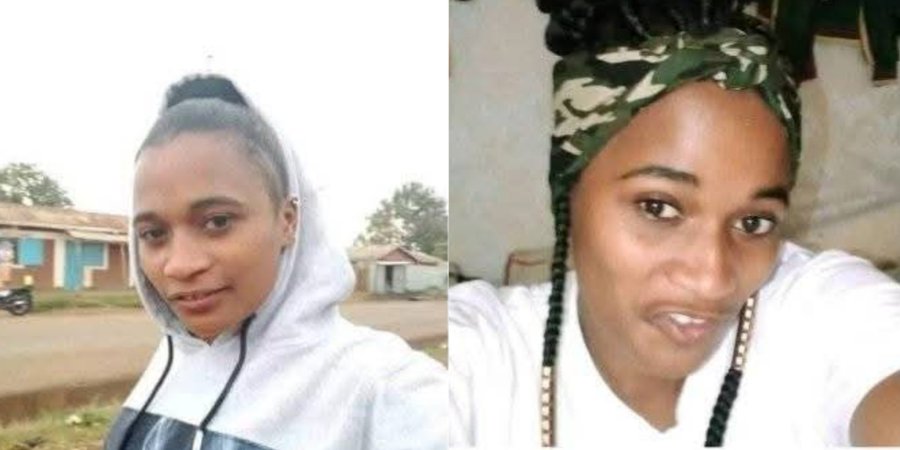
Event leading to Julia's death
Nanyuki woman who died after being arrested during Gen Z protests
Pathologists noted signs of prior medical intervention.
In Summary

Audio By Vocalize

The cause of death of Julia Njoki Wangui, a 24-year-old woman who died after
allegedly sustaining injuries while in police custody, remains inconclusive,
government pathologists said Tuesday.
An autopsy conducted on July 15 revealed no direct evidence of trauma to the
head, but internal bleeding in the brain was detected.
Government pathologist Dr. Peter Ndegwa said the source of the bleeding
appeared non-traumatic and would require further testing, including toxicology
and histological analysis, to determine the cause.
“We didn’t see any direct head injury. The bleeding may have resulted from
other causes,” Dr. Ndegwa said.
“We noted irregularities in the liver, pancreas, and lungs. These need more
detailed analysis. We expect to conclude in two weeks.”
A craniotomy was performed to access and examine the brain. Due to its
fragile condition, the brain was preserved in formalin for further examination
scheduled for July 28.
The autopsy was carried out by a team comprising officers from the DCI
Homicide Unit, DCI Laikipia, IPOA, IMLU, KNHRC, LSK, and pathologists including
Dr. Dorothy Njeru and Dr. Ayub Gitaka.
Julia's body was identified by her father, Martin Kariuki Rienye, and
brother, Victor Rienya Kariuki.
Pathologists noted signs of prior medical intervention.
External bruising was observed on the head, but internal examination showed
no matching trauma, ruling out head injury as the cause.
A bone defect on the skull suggested a prior surgical procedure.
A clot was found on the parietal membrane, but no conclusive link was
established.
Samples were collected for toxicology, DNA analysis, and histology.
Bruising was also observed on Julia’s wrists and ankles, though no defensive
injuries were noted.
Investigators are now expected to forward samples for testing, retrieve
medical records, track her movements between arrest and hospitalisation, and
record statements from relevant parties.
The body will remain preserved at Cottage Hospital in Nanyuki, with IMLU
offering to cover related costs during the analysis period.
Wangui was arrested during the Saba Saba protests on July 7 in Nanyuki and
detained at Nanyuki Police Station.
She was arraigned the following day and remanded at Nanyuki Women’s Prison
after failing to raise a Sh50,000 bond.
According to the Kenya Prisons Service, she complained of dizziness,
headaches, and stomach pain soon after admission and was taken to Nanyuki
Teaching and Referral Hospital, then referred to Cottage Hospital.
She was admitted to ICU and underwent
surgery before dying on July 12.
Her death sparked protests in Likii slum, Nanyuki, with residents demanding
justice and the arrest of the officer alleged to have assaulted her.
Protesters blocked roads and lit bonfires, accusing the police of negligence
and cover-up.
Investigations are ongoing.

Nanyuki woman who died after being arrested during Gen Z protests

Official numbers as provided by government.